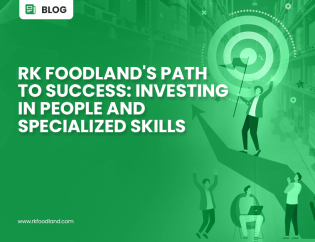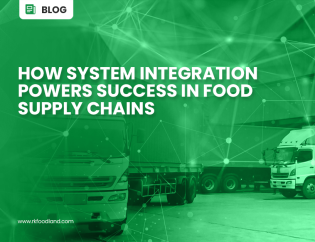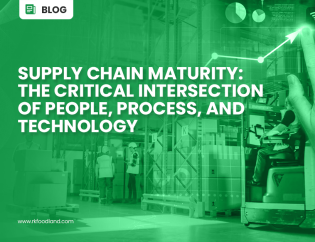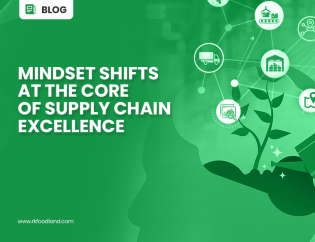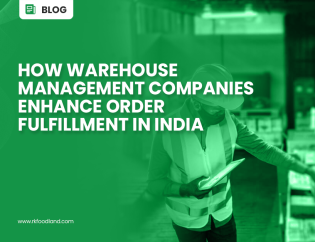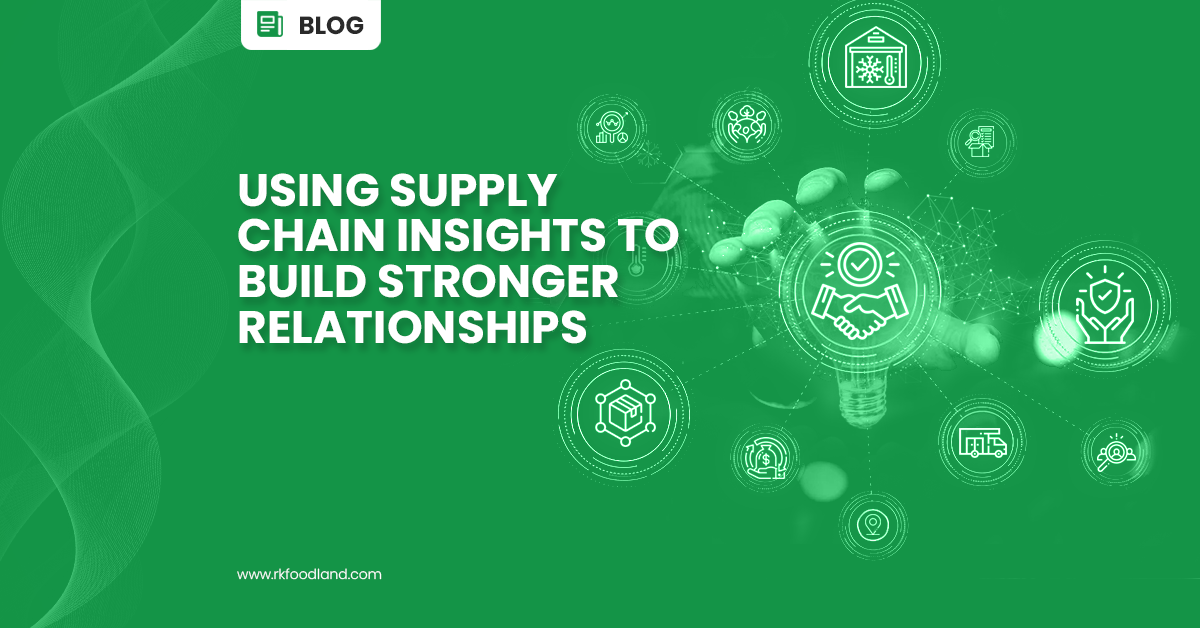
Let’s take a look at how organizations leverage supply chain insights beyond the numbers and build stronger relationships with suppliers and partners.
Supply chain management is not just about managing products, processes, and technologies, but it also involves managing relationships with people. Suppliers and partners are critical stakeholders in the supply chain, and nurturing meaningful relationships with them can lead to long-term benefits. Understanding the human element in supply chain management goes beyond transactional interactions and focuses on building trust and communication.
Communication and Collaboration in Partnership
Effective communication and collaboration are vital for building strong partnerships with suppliers and partners. Regular and transparent communication helps establish trust, understand each other’s expectations, and resolve issues or conflicts. Collaborative efforts such as joint planning, shared goals, and mutually beneficial initiatives can foster a sense of partnership and commitment among supply chain stakeholders. Technology tools such as supply chain management systems, collaboration platforms, and data-sharing portals can facilitate seamless communication and collaboration.
Supplier Performance Evaluation
Supplier performance evaluation is a critical component of supply chain management that goes beyond the numbers. Beyond assessing quantitative metrics such as on-time delivery, quality, and cost, organizations should consider qualitative factors such as communication, responsiveness, and flexibility. Evaluating supplier performance based on quantitative and qualitative factors provides a comprehensive view of their capabilities and strengths, helping build stronger relationships with reliable suppliers. Feedback mechanisms, supplier scorecards, and periodic reviews can facilitate supplier performance evaluation.
Risk Management and Mitigation
Supply chain risks are inherent, and organizations should proactively manage and mitigate them to avoid disruptions. Collaborative efforts with suppliers and partners can help identify and address potential risks. Sharing insights and information about demand patterns, inventory levels, production capacities, and external factors such as weather, geopolitical situations, or regulatory changes can help better risk assessment and mitigation planning. Joint risk management initiatives, contingency plans, and proactive communication can build trust and confidence among supply chain stakeholders.
Innovation and Continuous Improvement
Innovation and continuous improvement are critical drivers of supply chain excellence. Organizations should encourage and facilitate innovation among suppliers and partners to drive mutual benefits. Collaborative innovation initiatives such as joint product development, process improvements, or technology adoption can create value and competitive advantage for all parties involved. Regular review meetings, brainstorming sessions, and feedback loops foster a culture of innovation and continuous progress in the supply chain.
Building a Supplier Relationship Management (SRM) Program
Establishing a Supplier Relationship Management (SRM) program can be a game-changer in building stronger relationships with suppliers and partners. SRM involves a structured approach to managing supplier relationships, focusing on strategic partnerships rather than just transactional interactions. It includes activities such as supplier segmentation, supplier performance measurement, supplier development, and joint improvement initiatives. By implementing an effective SRM program, organizations can create a framework for closer collaboration, regular communication, and mutual growth with suppliers and partners.
Collaborative Forecasting and Planning
Demand forecasting and planning are critical elements of supply chain management. Collaborative forecasting and planning involve joint efforts between organizations, suppliers, and partners to align demand forecasts, production plans, and inventory levels. This collaborative approach allows for better visibility, improved accuracy in demand forecasting, and reduced stock outs or overstocks. Collaborative forecasting and planning enable organizations and their suppliers to work together, proactively address demand fluctuations, and optimize inventory levels, resulting in better supply chain performance and stronger relationships.
Sharing Best Practices and Knowledge
Sharing best practices and knowledge is a powerful way to build stronger relationships with suppliers and partners. Organizations can facilitate the exchange of ideas, experiences, and expertise to drive mutual improvement. This can be achieved through forums, workshops, training programs, or online platforms where suppliers and partners can learn from each other’s successes and challenges. Sharing best practices and knowledge fosters a collaborative culture, encourages innovation, and enhances the overall capabilities of the supply chain network.
Long-term Contractual Agreements
Long-term agreements can help build stronger relationships with suppliers and partners by providing stability and commitment. Organizations can enter long-term contracts with suppliers, outlining mutual expectations, goals, and performance metrics. Long-term contracts offer a sense of security and trust to suppliers and partners, encouraging them to invest in resources, technology, and innovation to meet long-term commitments. Long-term contractual agreements can create a win-win situation for both parties, leading to a more strategic and collaborative relationship.
In today’s competitive business landscape, supply chain insights go beyond the numbers and play a pivotal role in building stronger relationships with suppliers and partners. Nurturing meaningful relationships based on trust, communication, and innovation indeed leads to long-term benefits such as improved operational efficiency, reduced risks, enhanced customer satisfaction, and competitive advantage. Organizations leverage technology, data, and analytics to gain insights into the supply chain operations and proactively engage for mutual success in today’s dynamic business environment. By going beyond the numbers and fostering meaningful relationships, organizations can create a competitive advantage and drive sustainable success in their supply chain management efforts.
As one of the leading supply chain management companies, RK Foodland prioritizes building solid relationships between partners and suppliers. With an arrangement that goes beyond outsourcing, RK Foodland ensures the implementation of efficient end-to-end integration. With performance measurement, supplier segmentation, and joint improvement initiatives, RK Foodland, as one of the top supply chain management companies in India, emphasizes exchanging ideas, experiences, and expertise for mutual improvement.
RK Foodland believes in building strategic, long-term supply chain partnerships. These help outline mutual expectations, goals, and performance metrics, creating a sense of trust and partnership. This encourages the suppliers to invest in resources, technology, and innovation to meet long-term commitments. By following these practices, RK Foodland has established strong relationships with suppliers and partners, leading to a more strategic and collaborative supply chain network.


